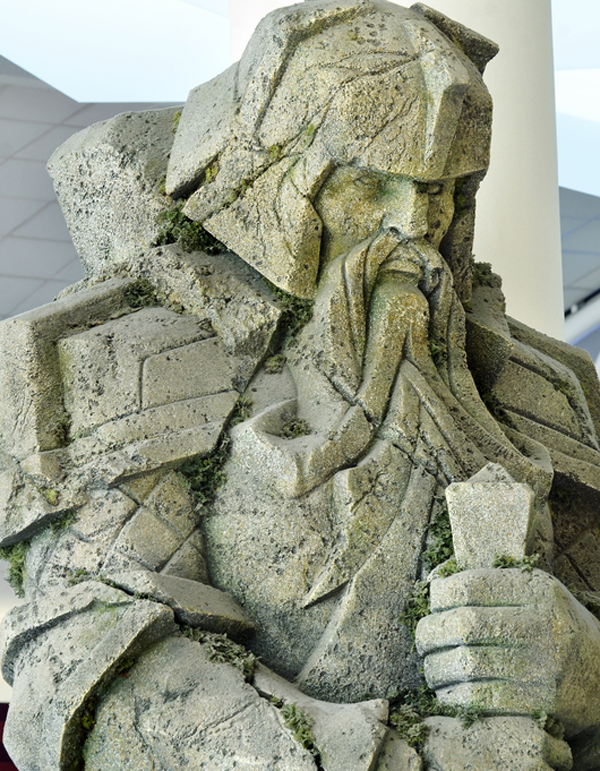From Failure to Fantasy
About 2500 years after the wars of Joshua, the world would see the resurrection of the giants, not as demonic beings, but as subjects of fantasy literature. It was as if these heroes of literature had been going to Sunday School. The reality of who they were and the terror they triggered would be forgotten by man. The passing millennia had dulled the dread. For a while, Italian and French literature would elevate giantism from its antediluvian beginning to its metaphoric credential application to the royal houses of Europe! What an absurd twist. It makes the DNA helix look like a straight line! By the time the twentieth century rolled around, giants would be the fodder of cartoons and children’s stories. What a hilarious end for such a hellish beginning. Satan’s battle strategy had not only backfired but had ended up as pie in his face! God’s reaction to Satan’s underestimating failure is classic: “He that sitteth in the heavens shall laugh: The Lord shall have them in derision.” I feel that we can enjoy the liberty of reaction as well. With the wisdom of hindsight and the safety of years, we might well join the battle with Job’s horse:
Hast thou given the horse strength? hast thou clothed his neck with thunder? Canst thou make him afraid as a grasshopper? the glory of his nostrils is terrible. He paweth in the valley, and rejoiceth in his strength: he goeth on to meet the armed men. He mocketh at fear, and is not affrighted; neither turneth he back from the sword. The quiver rattleth against him, the glittering spear and the shield. He swalloweth the ground with fierceness and rage: neither believeth he that it is the sound of the trumpet. He saith among the trumpets, Ha, ha; and he smelleth the battle afar off, the thunder of the captains, and the shouting. (Job 39:79-26)
James R. Spillman, in his masterful book, A Conspiracy of Angelsii, presents the persuasive possibility that the scapegoat is not actually a type of Christ. In English the goat is called scapegoat and in Hebrew he is called Azazel. Spillman describes this event and its meaning perfectly.


